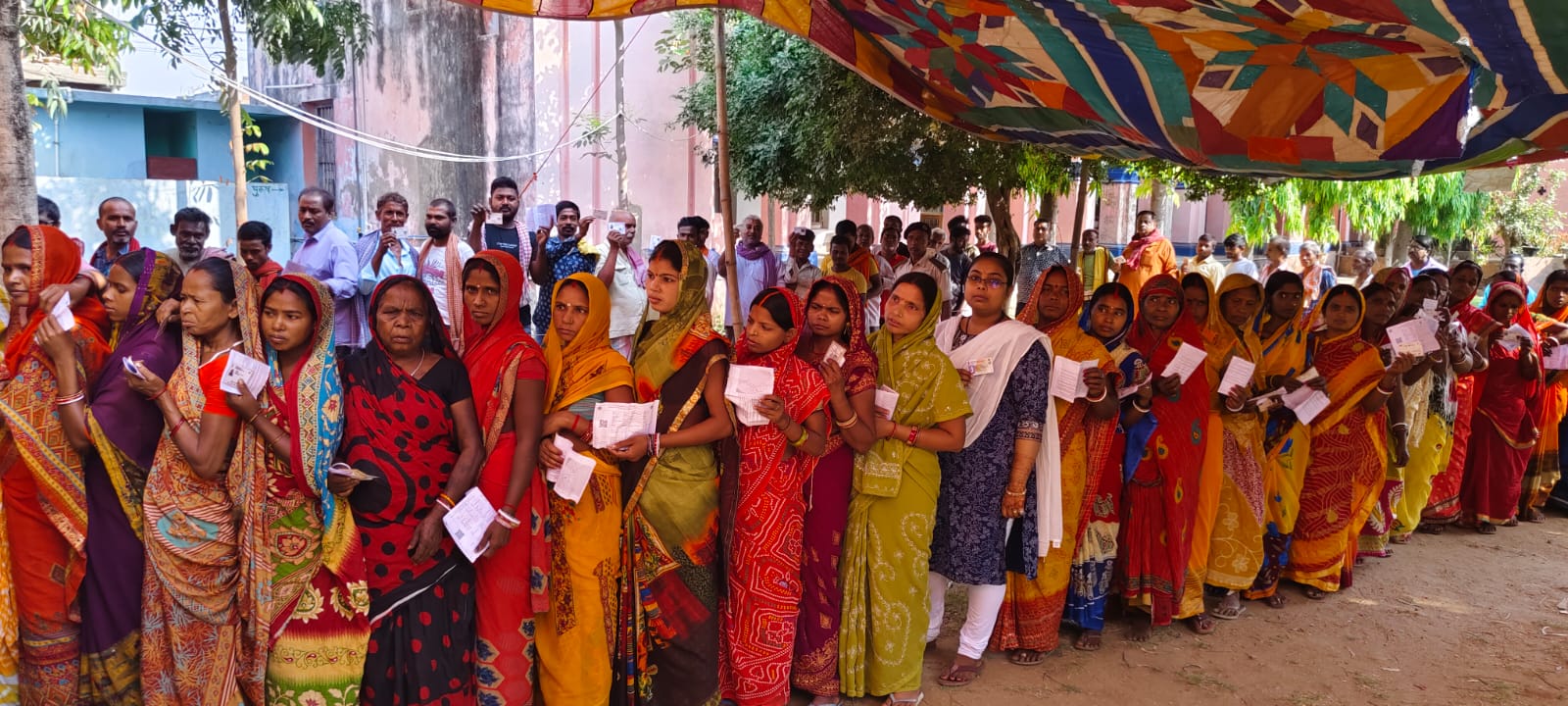
As the 2024 Lok Sabha election results pour in, the BJP, led by Prime Minister Narendra Modi, is anticipated to secure a third consecutive term, with the National Democratic Alliance (NDA) nearing 300 seats. However, this electoral success comes at a time when India is grappling with stark economic disparities: rising unemployment rates juxtaposed against a surge in the number of Indian billionaires. The opposition alliance, Indian National Developmental Inclusive Alliance (INDIA), has failed to present a credible alternative, leaving voters skeptical of its ability to address these critical issues. While the BJP’s campaign, marked by Modi’s extensive public engagements, has resonated with many voters, the growing wealth gap and persistent joblessness highlight the critical socio-economic challenges for the next government. This election not only reaffirms the BJP’s political dominance but also underscores the urgent need for policies that bridge the economic divide and ensure inclusive growth for all Indians.
The 2024 elections have been a testament to the BJP’s formidable campaign machinery. Prime Minister Narendra Modi’s tireless efforts, including over 200 public meetings and numerous rallies, have solidified the party’s standing. In stark contrast, the opposition alliance, INDIA, which includes a fragmented Congress, has struggled to present a united front. Despite gains in some constituencies, the INDIA bloc has failed to capture the public’s imagination or offer a coherent vision for India’s future, highlighting its ineffectiveness and disunity.
India’s economic landscape is marked by a troubling paradox. On one hand, unemployment rates have been steadily rising, exacerbated by factors such as technological disruptions, global economic uncertainties, and policy missteps. On the other hand, the number of Indian billionaires has soared, driven by booming stock markets, favorable tax policies, and the growth of new industries. This stark wealth gap has significant social implications, leading to increased social tensions and undermining the promise of equitable growth.
India’s richest billionaire, Mukesh Ambani, recently threw a lavish pre-wedding party for his son, underscoring the nation’s growing wealth disparity. The event, which featured a performance by Rihanna and cost around $150 million, epitomizes the opulence of India’s elite. Mumbai now boasts a record number of billionaires, surpassing Beijing as Asia’s “billionaire capital.” This rise in wealth is seen by some as evidence of economic success under Prime Minister Narendra Modi, who is seeking a third term by promoting a narrative of prosperity. However, this narrative ring hollow for the millions of Indians who continue to struggle with unemployment and economic insecurity. As ‘The Guardian’ reports, “Modi builds highways but where are our jobs?”: rising inequality looms over India’s election.
The INDIA alliance has been particularly ineffective in addressing the economic issues facing the country. Lacking coherent economic policies and a unified strategy, the alliance has failed to propose concrete solutions for job creation or wealth distribution. Public perception of INDIA’s economic management is overwhelmingly negative, with many viewing the alliance as out of touch and unable to understand the complexities of India’s economic challenges. Their campaign lacked the focus and energy required to convince voters that they could bring about meaningful economic change.
Over the past two terms, the BJP has implemented a range of economic policies aimed at fostering growth and development. Initiatives like “Make in India,” GST reforms, and various infrastructure projects have had mixed results. While these policies have spurred economic activity in certain sectors, they have not sufficiently addressed the issue of job creation. The benefits of economic growth have largely accrued to the wealthy, leaving a significant portion of the population struggling with underemployment and low wages. Nonetheless, the BJP has shown a willingness to engage with these issues, unlike the INDIA alliance, which has remained largely ineffective.
Many argue that India’s economic growth under Modi is uneven, with significant disparities between the rich and the poor. Despite claims of poverty reduction, many economists question the accuracy of the government’s data. Rising inflation and lack of jobs continue to strain the lower half of the population, threatening Modi’s popularity as the country passes through elections. In rural areas like Maharashtra’s Melghat, poverty is stark. Many villagers, reliant on irregular agricultural work, struggle to survive despite government welfare programs. Promises of job creation have not materialized, leading to widespread skepticism among jobless youth. The frustration is palpable, with many feeling left behind by the government’s focus on development for the wealthy. As Modi campaigns for re-election, the growing wealth gap and unemployment challenge his narrative of inclusive economic growth.
As the BJP prepares for a third term, it faces significant challenges in addressing the country’s economic disparities. Tackling unemployment will require innovative strategies, such as investing in skill development, promoting entrepreneurship, and creating a conducive environment for small and medium enterprises. Bridging the wealth gap will necessitate comprehensive policy measures, including progressive taxation, enhanced social safety nets, and targeted economic opportunities for the disadvantaged.
The 2024 Lok Sabha elections highlight the BJP’s continued political strength and the electorate’s faith in Narendra Modi’s leadership. However, this mandate comes with the responsibility to address the critical issues of rising unemployment and the widening wealth gap. The INDIA alliance’s inability to provide effective economic solutions underscores the necessity for a strong, focused government. As the BJP embarks on its third term, the focus must shift towards fostering inclusive growth and ensuring that the benefits of economic progress are shared equitably across all sections of society. The path ahead demands a delicate balance between promoting economic development and achieving social justice, a challenge that will define India’s future trajectory.
